Practice recapWork days: In September, completed tasks included taking down two trees and the viburnum bush in the front yard; assembling two small flat-pack tables for the zendo to replace the very wobbly ones in use for talks and ceremonies; installing a motion-detector light in the changing room; and continuing bamboo removal and processing. This month, practitioners took down two more trees on Sanshin property, a dead cherry at the rear north side and a tree that was leaning heavily on the northside front fence. They also completed removal of the bamboo grove. 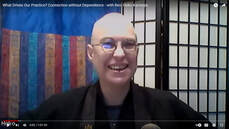 Hoko's visits: Hoko gave a Saturday morning virtual talk on non-reliance and the basics of Sanshin style for Great Tree Zen Women's Temple in Asheville, NC as the first talk in a series on our anniversary book, Adding Beauty to Brocade. The video recording is here. She also went to St. Paul to attend a workshop on various robe-related activities led by Shosan Austin from San Francisco Zen Center. Okumura Roshi in Pennsylvania: Okumura Roshi is in Pittsburgh for the weekend, participating in his last sesshin with Stillpoint, a lay practice group. Coming up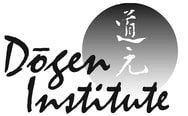 Virtual dharma study intensive (November 1 - 10): Founding teacher Okumura Roshi will be giving a series of ten lectures, one each morning, focused on Shobogenzo Zazenshin. This virtual-only ten-day event will be the successor to genzo-e, with a less strenuous lecture schedule for Okumura Roshi. There is no 'retreat' schedule beyond the daily lectures and Q&A periods -- participants are encouraged to incorporate regular zazen practice throughout the ten days of the study intensive, as their own schedules and time zones allow. Practitioners are invited to join the regular morning practice schedule being carried out at Sanshinji before most of the lectures. For further details and to register, please visit our virtual dharma study intensive webpage. 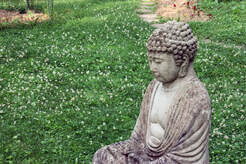 Rohatsu sesshin (November 30 - December 8): Rohatsu sesshin marks Shakyamuni's awakening under the bodhi tree. On the final evening we sit until midnight and hold a brief chanting service. This is our longest and most intensive sesshin of the year. LEARN MORE Visit our Schedules and Calendars page for information on all upcoming events. American religious landscapeReligion and wellbeing: Recent studies about the role and effect of religion in people's lives have uncovered a paradox. While fewer and fewer people in many parts of the world say they are religious, scholarship is showing the potentially positive effects of faith on wellbeing in a time of heightened negative emotions. According to Gallup, "Factors that may be behind this seeming paradox are lack of awareness of the faith-wellbeing relationship; generational influences; “othering” -- viewing/treating a person or group of people differently from oneself; religious polarization; and the evolution of religious practice." Religious people report better experiences in these areas:
Sanshin Network
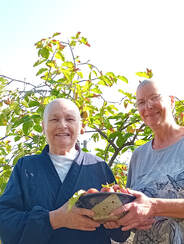 The fruit of practice in France: Shoju Mahler has planted a persimmon tree long years ago in the garden of Zendo L’Eau Vive / Hosuiji in France to honor Uchiyama Roshi's teaching „Practice and Persimmons“. The persimmon takes a long, patient, caring time to ripen into sweetness. Shoju and Jinryu Wachowitz, a novice in the Sanshin lineage from Germany, share the small but very sweet persimmon fruit during Jinryu's one month practice time at Hosuiji. 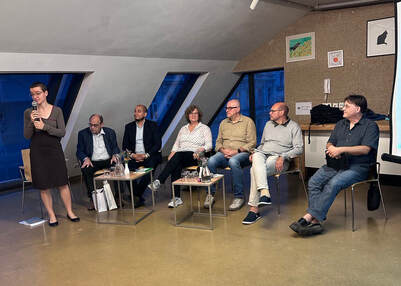 Interfaith Panel Discussion on Contemplative Care in Vienna: Koryu and Shinko from Vienna recently translated and published “Contemplative Care”, the German edition of “The Arts of Contemplative Care”, a standard textbook on Buddhist chaplaincy. Instead of a “classic” book launch event, their NGO “1000 Hände” organized an interfaith panel discussion. Catholic, Protestant, Muslim, and Buddhist Chaplains, who work in prisons, hospitals, and hospices, discussed the topic: “How Can We Help in Times of Crisis?” Both the panelists and audience, in person and online, engaged in lively discussions. What is the difference between chaplaincy and psychotherapy? Is spiritual and religious support seen as important in today’s secular European world? Is it okay to get paid for chaplaincy? Two hours were hardly enough to plunge into the depths of many of these issues, so a follow-up event will be organized in Spring 2024. 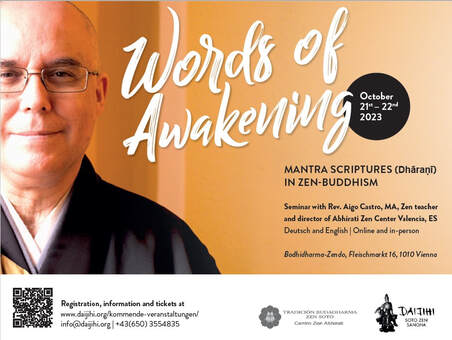 “Words of Awakening”: English Lecture on Dharanis on Zoom and in Vienna in October: On October 21st and 22nd, Daijihi Vienna will invite Spanish dharma teacher Rev. Aigo Castro, MA, to give a lecture on the origin, history, and practical aspects of Dharani. Dharanis are chanted on a daily basis in Zen centers all around the world, yet practitioners are often unaware of their meaning. Rev. Aigo Castro, who speaks Sanskrit, Chinese, and Japanese, will share his vast knowledge about the meaning and practical applications of dharani, from pre-Vedic times to present-day Japan and the West. We know from experience that Aigo’s lectures are very detailed and informative, and his lively and engaging way of delivering them makes it easy to listen closely and absorb the knowledge. The seminar is suitable for both Buddhist practitioners of all traditions and people with a scholarly interest in East Asian cultural and religious history. Aigo will give his lecture in English, Koryu will translate consecutively into German. The event will be live streamed online via Zoom. You can buy a ticket here (30€), and we will send the Zoom link via email. For more details, visit Daijihi (EN) and watch our video teaser trailer (with English subtitles). For complete information about Sanshin and our style of practice, visit our homepage.
|
Sangha NewsOur newsletter is posted once a month. Sign up for our mailing list to get notifications of new issues. Archives
July 2024
|

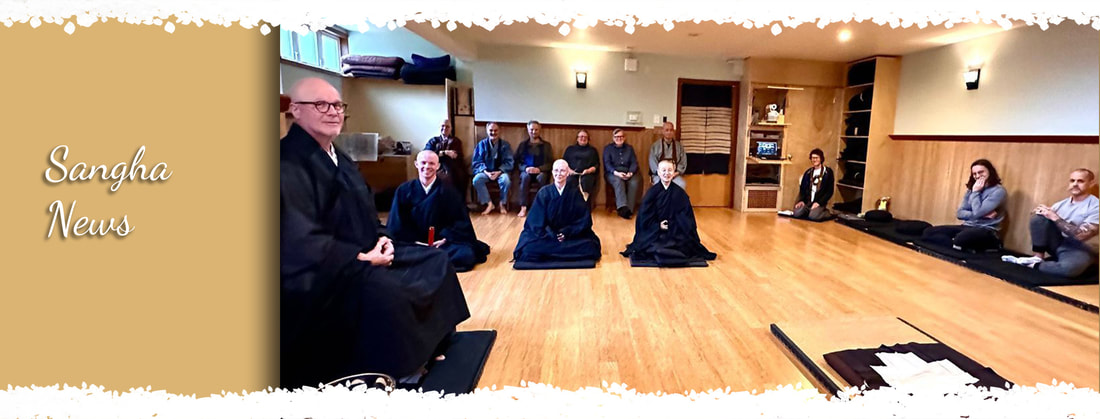
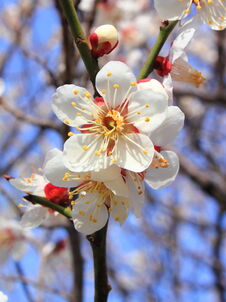




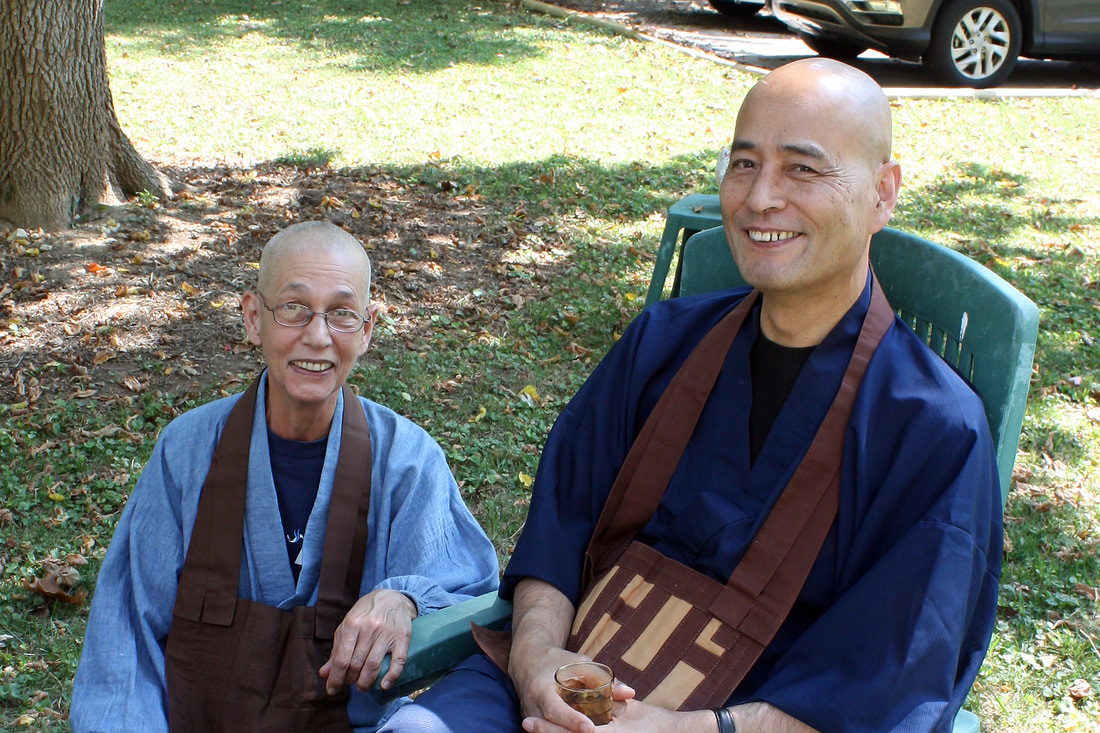
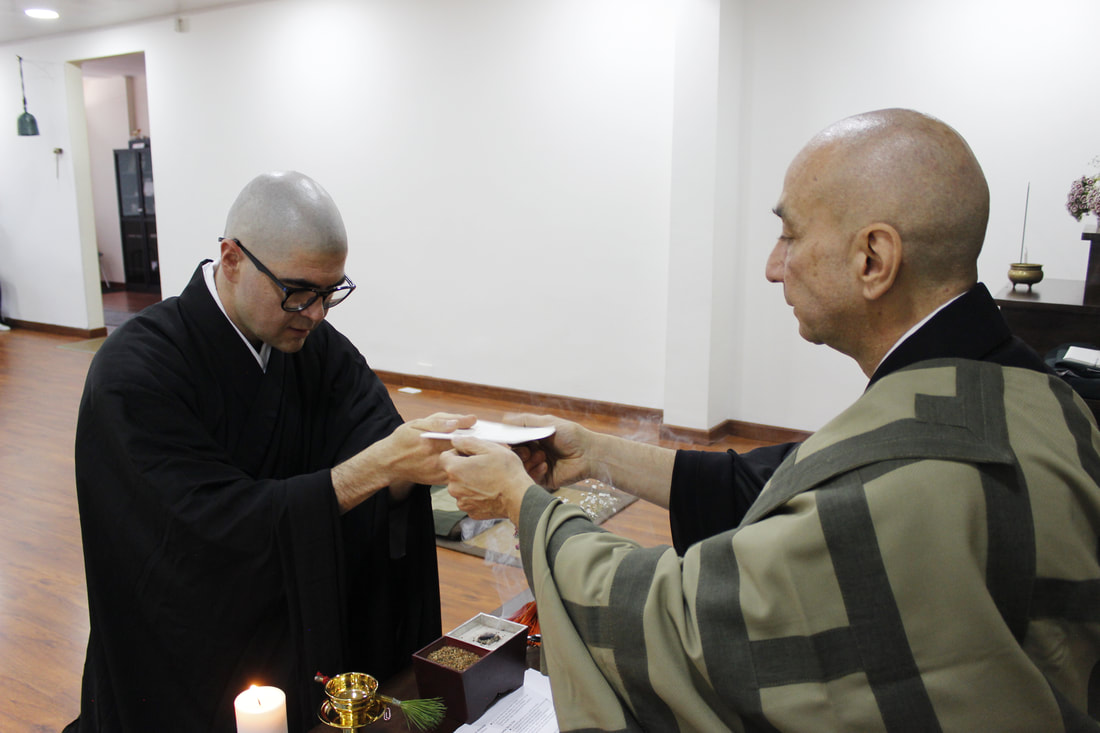
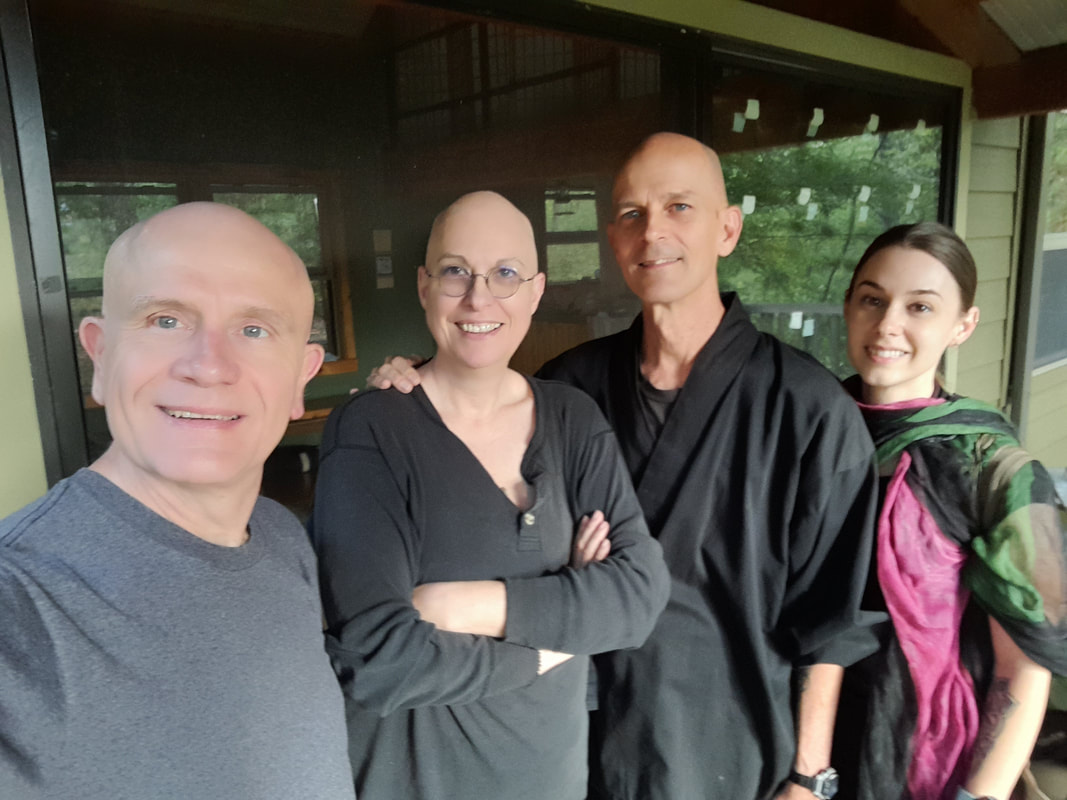
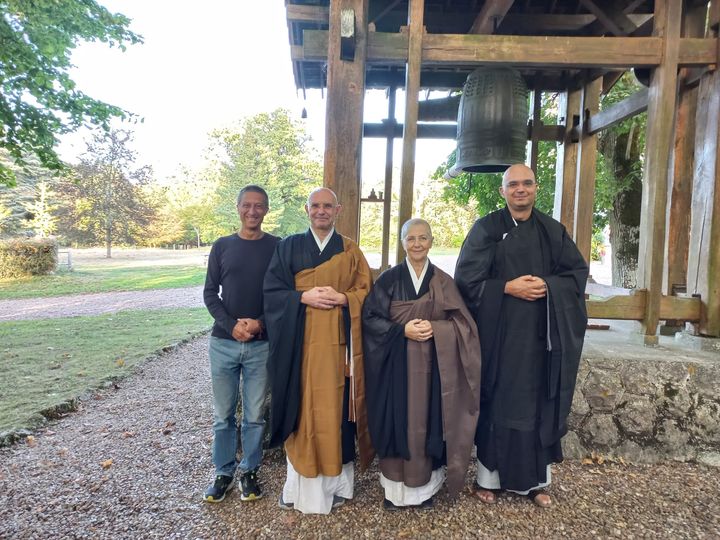

 RSS Feed
RSS Feed